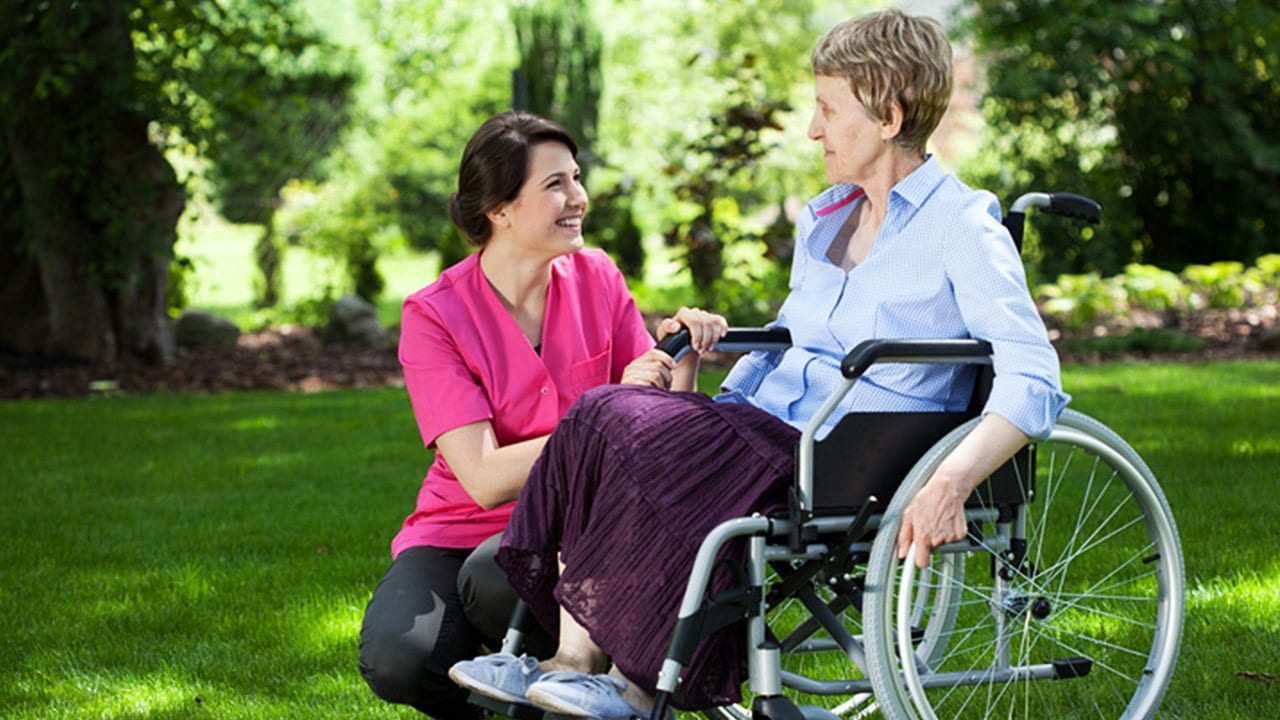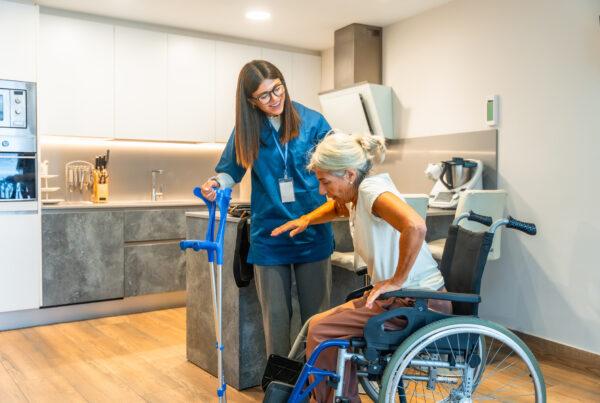Preparing for a career as a health care aide involves the mastery of several key skills. In fact, at Academy of Learning Career College (AOLCC), students complete three practicum placements—the Preceptored Clinical Practice, the Preceptored in Facility, and the Supervised Clinical Practice—as part of their program. Together, these valuable hands-on and real-world environments let students apply the theory they learned in class, allowing them to truly develop the skills needed by all health care aides.
What are some of the essential skills that students learn during their training? Read on to find out.
Health Care Training Will Show You the Need for Clear Communication
One of the first physical facilities to degrade with age is hearing. In addition, clients may have dementia or another illness or disability which could impact their ability to communicate effectively. That’s why—while communication is important for many professionals—it’s especially important for health care aides.
Health care aides need to be able to communicate with clients in a manner that is clear, easy-to-understand, respectful, and patient. In this way, clients won’t feel ashamed if they temporarily forget a word, or feel confused by communication that was too quiet for them to hear clearly. In order for students to perfect their communication skills, healthcare training dedicates a significant portion of its curriculum to effective communication in a healthcare environment. Students learn everything from communication impairments and related strategies to smoothly navigating conflicts and more. Then, once students have learned the theory behind effective communication, they can put this important skill to practice during their practicum placements.
Effective Time Management Counts in Your Health Care Aide Career
Studies have shown that patients, particularly older ones, often desire more time with healthcare professionals in their lives. This can be hard to deliver in the fast-paced environment that is often found in hospitals, long-term care facilities, and other places that employ health care aides.
In order for students to effectively and efficiently complete the diverse tasks they will be responsible for, top training programs make sure to include plenty of hands-on training in addition to classroom education. By allowing students to experience a real workplace setting, colleges help students adapt to the pace as well as the routine of a health care aide career. Students get plenty of practice positioning and lifting clients, assisting clients during meals, and more. All that practice helps students learn how to complete the many duties of a health care aide quickly, and helps them know how to prioritize tasks and manage their time effectively once they begin their careers. As a result, they will be better able to meet the needs of their clients.

Respect and empathy are at the core of any career as a health care aide
Respect and Empathy are Key to Any Health Care Aide Career
Many of those who are drawn to pursuing a health care aide career are very empathetic and care deeply about helping those in their communities. That skill is a true asset, as students grow to become dedicated professionals who truly respect each and every client they interact with.
For this reason, respect and empathy are at the core of any health care aide program. Whether learning how to bathe, groom, and assist clients in a manner that respects their dignity, or in how to provide non-judgmental care for clients with physical disabilities and developmental delays, top health care aide programs help students channel their desire to make a difference in a way that will provide the most benefit to clients.
Do you want a rewarding career that allows you to truly make a difference in the lives of others?






